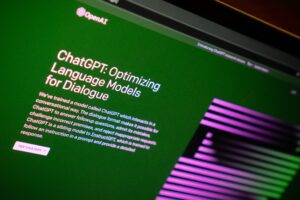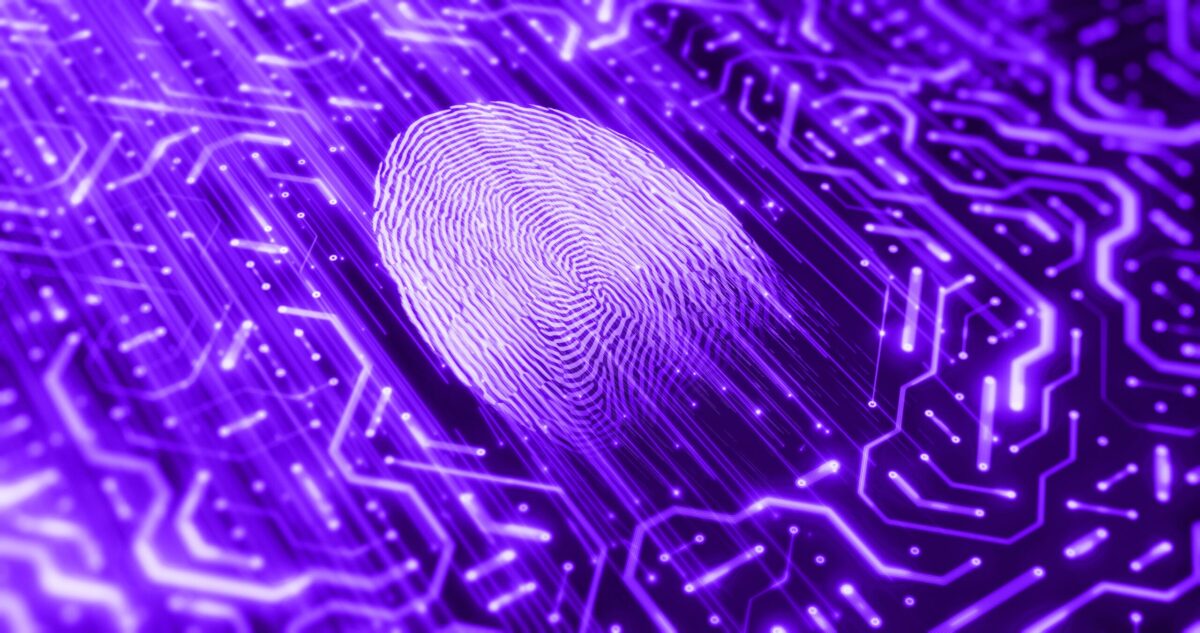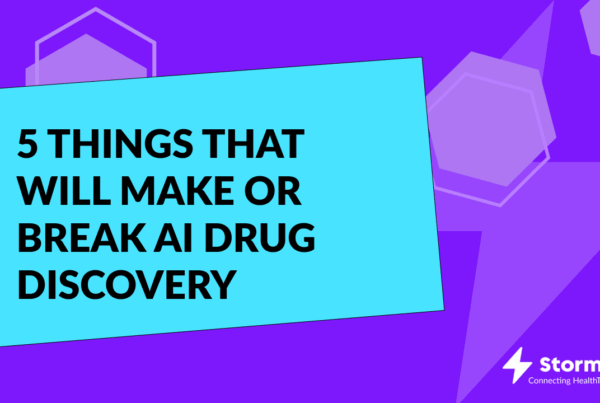ChatGPT may just be the fastest-growing consumer internet platform ever created. Launched in November 2022, the AI chatbot developed by OpenAI reached one hundred million users in two months, attributing to its impressive capabilities.
Capable of generating human-like responses to a wide-range of queries, ChatGPT is an ideal tool for healthcare applications, and it has the potential to transform the way healthcare providers deliver patient care.
But what actually is ChatGPT? Why is it so popular? How can it benefit the healthcare sector, and what challenges are there to its adoption? Find out below!
What Is ChatGPT & Why Is It So Popular?
Once a thing of Science Fiction, AI is today used widely and within our daily lives – often without us even realizing. However, while AI has been able to read and write, it didn’t have the ability to truly understand the content. That is, until recently; with ChatGPT, it appears this next level has been unlocked.
Put simply, ChatGPT is an AI-enabled chatbot that emulates human-like conversational interactions. It’s built on large language models (LLMs) which are advance Machine Learning models that can understand and generate natural language – it can draft essays, articles, job applications and even jokes and songs in response to text prompts.
Since ChatGPT was introduced in November 2022, it has wowed the world with its capabilities, having written feature-length articles, coded full websites, and even passed law exams at the University of Minnesota and the University of Pennsylvania’s Wharton School of Business. Its popularity is largely fuelled by human curiosity about its vast capabilities. Leaders in all sectors have already began exploring what the application could do for them, and its newness to a wide range of industries mean its full potential is yet to be discovered.

The Use of ChatGPT In Healthcare
ChatGPT is changing the face of healthcare. Its many potential applications – particularly those that improve efficiency and accessibility – are set to cause a profound shift in healthcare systems globally, including:
-
Virtual Assistants For Telemedicine
With the rise of Telemedicine, most patients now prefer to receive care from the comfort of their homes. A virtual assistant powered by ChatGPT can provide patients the ability to do exactly that, allowing them to receive treatment, schedule appointments, and manage their health information remotely.
-
Medical Recordkeeping
ChatGPT can help streamline the medical recordkeeping process by generating automated summaries of patient’s interactions and medical histories, automatically summarizing key details including symptoms, diagnoses, and treatments. Medical professionals can also use ChatGPT to pull out relevant information from patient records, such as imaging reports or lab results.
-
Clinical Decision Support
ChatGPT can provide evidence-based, real-time recommendations to healthcare providers to improve patient outcomes. For example, ChatGPT can provide clinical guidelines for complex medical cases, suggest treatment options, flag potential drug interactions and more. This helps clinicians reduce errors, save time, and improve patient care.
-
Clinical Trials Recruitment
Clinical trials are paramount for developing new treatments and therapies for several health conditions. However, recruiting participants can prove challenging – that’s where ChatGPT comes in. ChatGPT can identify potential participants for trials by analyzing substantial amounts of patient data and identifying those who meet the eligibility criteria. This results in clinical trial recruitment efforts becoming more targeted, efficient, and effective in researching diverse populations.
-
Medication Management
ChatGPT can help patients manage their medications, including dosage instructions, reminders, and potential side effects. It can also offer patients information on drug interactions, contraindications, and other important considerations that can impact medication management.

Challenges To Adoption
Overall, generative AI in healthcare has the potential to revolutionize the industry, improving accessibility and outcomes to care globally; but it also raises several major challenges:
-
A Lack of Contextual Understanding
ChatGPT doesn’t possess true comprehension or awareness and lacks contextual understanding. The chatbot operates based on patterns and the data it’s been trained on, which means it might not fully grasp the specific emotions, nuances, or individual circumstances of healthcare-associated interactions. In theory, this could lead to inaccurate or incomplete responses.
-
A Potential For Biases and Misinformation
AI models such as ChatGPT can unintentionally amplify biases or misinformation present in the training data. This can cause inaccurate or biased responses, emphasizing stereotypes or perpetuating incorrect medical information. To mitigate and address these biases, careful attention is required during model development and training.
-
Limited Medical Expertise
ChatGPT is by no means a substitute for the knowledge and expertise of trained healthcare professionals. Although the chatbot has access to vast amounts of healthcare information, it may not always provide the level of precision, accuracy, or context-specific advice that human medical professionals can offer.
-
Legal and Ethical Considerations
Offering medical advice involves legal and ethical considerations. ChatGPT may not always be aware of local healthcare guidelines, jurisdiction-specific regulations, or privacy regulations. People must be vigilant if relying solely on AI chatbots for making healthcare decisions.
The Future Of ChatGPT In Healthcare
The impressive performance of ChatGPT and other LLMs along with the possibility of them running on commodity hardware unlocks endless possibilities for the chatbot. And this is just the beginning; with improved models, more data, and increased computing power, the capabilities of these AI technologies will only improve.
There’s a growing recognition of the benefits of ChatGPT in healthcare, with many organizations investing in modern technologies that will improve population health and wellbeing. As they continue to evolve and become more sophisticated, we’ll likely see an increased adoption of similar tools in global healthcare systems.
But there are significant challenges to consider, from data privacy, bias, and ethical considerations. Understanding the limitations of this technology is vital, as its output will only be as accurate as the data it’s trained on. LLMs can also ‘hallucinate,’ meaning they can generate responses that’re reasonable but completely incorrect. This underscores the importance of human involvement and using critical thinking – especially when it comes to healthcare.
Nonetheless, the future of ChatGPT is certainly bright, with ongoing developments clearing the way for improvements in context understanding, bias reduction, and real-time information access. We don’t see ChatGPT replacing human healthcare professionals any time soon, but we’ve no doubt that it has the potential to compliment their expertise, improving patient care and unlock greater health for all.
How Storm3 Can Help You
At Storm3, we connect top talent with the most innovative HealthTech companies across the globe. Our team of expert consultants have built a rich network of highly specialized talent across Data & Analytics, Engineering, DevOps, Finance & Operations, Product Management and Sales & Marketing. If you’re looking to grow your team, get in touch today!







